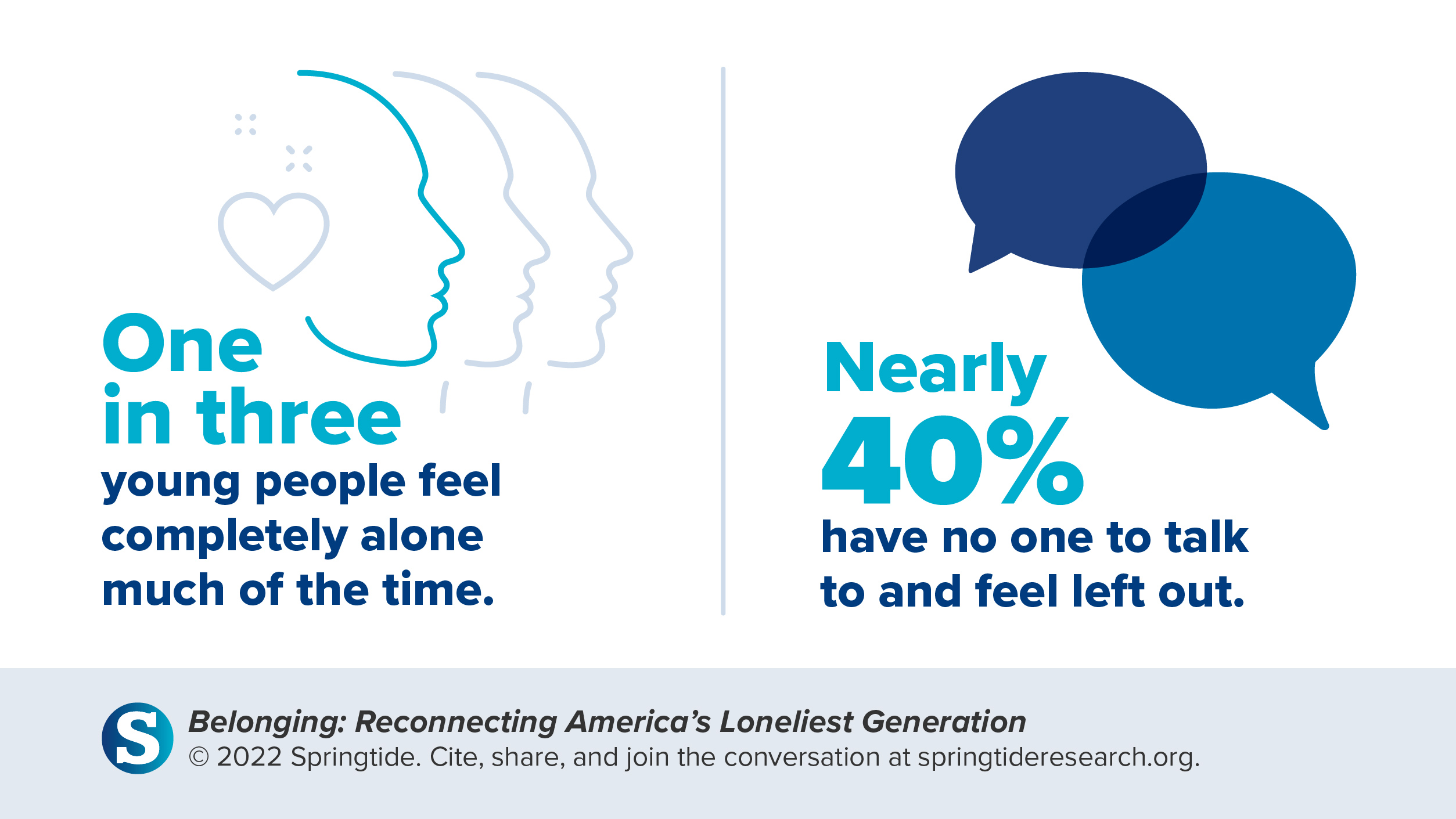
3 Ways to Help Gen Z Deal With Holiday Stress
Pandemic concerns might be fading, but money woes related to inflation may keep holiday gatherings smaller than expected this year – one in five Americans say they’re staying home this year due to tight budgets and concerns about travel disruptions.
Yet, no matter how many end up sitting around your Thanksgiving table or Christmas tree this year, holiday stress still may make an appearance. And the Gen Zers in your life may be particularly affected, especially since younger people are often unable to opt-out of family gatherings like adults can.
Anxiety and depression can spike during the holiday season, and the anticipation of family interactions can sometimes intensify that. When we surveyed young people aged 13-25 back in November 2020, 44% wouldn’t feel safe, welcome, or encouraged to have vulnerable conversations about difficult topics over the holidays. While they might no longer be experiencing the intense emotional effects of the pandemic, young people may still shy away from difficult conversations and the stress they can cause.
Here’s a few ways to lower the stress level for your young person during the holidays:
Include them.
Most of us having memories of being sent away to the “kids table” during holiday meals, sometimes even when we were no longer children! Although it sometimes may not seem like it, young people cherish their relationships with trusted adults, and look forward to interacting with them – especially those they don’t physically see often. With reports of loneliness at record highs, this is the ideal time to include young people in family events and discussions and make time to talk to them one-on-one. There’s no magic formula for this – just be present and available to them, and look around once in a while to make sure they’re not being excluded.

Avoid questions that don’t have answers right now.
When family gets together, especially ones who don’t see each other often, small talk-style questions can sometimes hit a sore spot. Asks like “do you know if you got in X college yet?” or “Did you find another job yet?” are usually posed with no ill intent but can raise anxiety levels for someone who is already struggling. An easy way to sidestep adding to the stress is to refrain from asking these questions in group settings, or ask a parent or other adult, and once you know the answer, approach the young person to offer a listening ear if they want to talk about it.
Exercise empathy.
The young people we surveyed are still reporting feelings of uncertainty, isolation and feeling trapped by current circumstances. If the young people around you are showing signs of upset or distress this season, act and speak with care and sensitivity. Communicate to them that you’re interested in what they’re feeling and that you’re here to listen. If you’ve experienced what they’re going through, share from your own experience – this sort of vulnerability and transparency breeds trust. If your young person has a religious or spiritual practice that supports their mental health, or they feel better when they’re interacting with the arts or with nature, offer to engage in it with them. As always, if you are concerned that their mental or emotional state is deteriorating, don’t hesitate to reach out for professional support.
Stress is usually something none of us can sidestep, especially during the holidays. Yet, connection is a powerful antidote. Letting your young person know that you’re paying attention and are here to navigate this season together is a great way to have a holiday season filled with family and fun.



